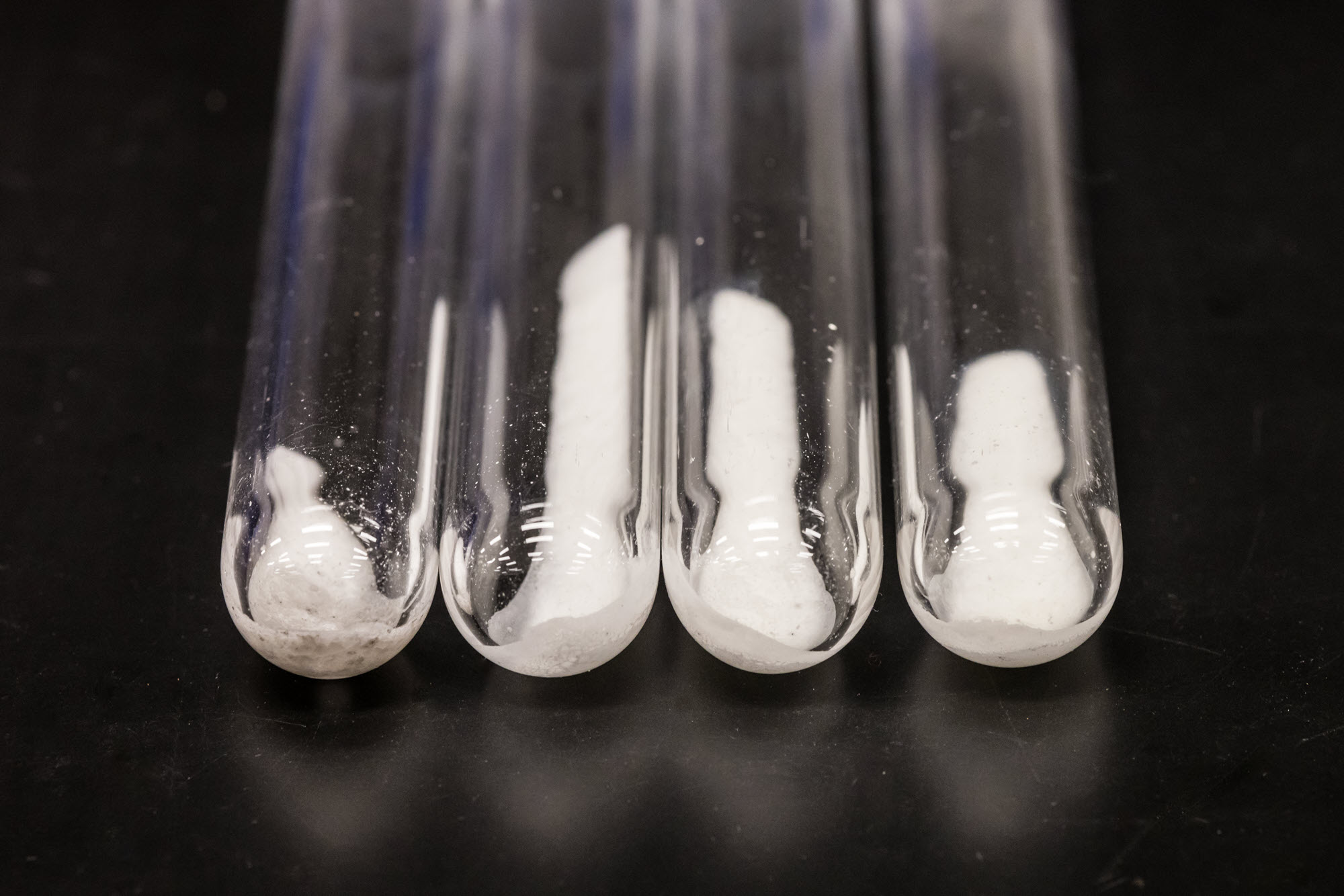A new material that could dramatically reduce the amount of lithium used in batteries has been identified by artificial intelligence (AI). Discoveries like this would have taken years in times gone by, but sky-rocketing computer power now means they can be found in days.
The new material was recently sniffed out during a joint venture by Microsoft and the Pacific Northwest National Laboratory (PNNL), which employed the help of advanced AI and high-performance computing (HPC), a type of cloud-based computing that uses large numbers of computers to solve complex scientific and mathematical tasks.
The system analyzed over 32 million potential inorganic materials and, within just 80 hours, it managed to weedle this down to 18 promising candidates that could be used in battery development. Humans then tested these candidates and discovered one electrolyte that looked particularly promising.
Lithium-ion batteries are set to become an invaluable tool in the transition towards sustainable energy. Given their growing importance, demand for lithium is expected to rise five to 10 times by the end of this decade, according to the US Department of Energy.
However, there are many hurdles to overcome. Natural deposits of lithium are relatively scarce, while mining can be costly, damaging to the environment and local communities, and prone to rile up geopolitical conflict. This is why scientists, as well as the powers that be, are so keen to find materials that could be used as a substitute.

Samples of the new solid electrolyte discovered by Microsoft AI and HPC tools.
Image credit: Dan DeLong/Microsoft
The material is a solid-state electrolyte. It was thought that sodium ions and lithium ions couldn’t be used together in a single solid-state electrolyte system due to their chemical qualities, but the AI system indicated that such a material was possible. When the researchers tested the idea, it turned out to be true.
Since the electrolyte uses both lithium and sodium, as well as some other elements, it reduces the amount of required lithium by as much as 70 percent.
The researchers at Microsoft and PNNL have since synthesized the material and used it to make functional prototype batteries. They’re currently in the lengthy process of testing these batteries to see how they hold up in the real world.
Tasks like this, which essentially involve sifting through colossal amounts of data, are perfect for AI. A similar way in which this technology is being able is discovering new pharmacological compounds and drugs. In 2020, researchers from MIT used a specially designed computer algorithm to sift through a vast digital archive of over 100 million chemical compounds and managed to identify a powerful antibiotic that’s even able to kill superbugs.
“We’re sitting on the precipice of this maturation of the artificial intelligence models, the computational power needed to train and make them useful, and the ability to train them on specific scientific domains with specific intelligence,” Brian Abrahamson, the chief digital officer at PNNL, said in a statement. “That, we believe, is going to usher in a new era of acceleration. That is exciting because these problems matter to the world.”
The paper, which has yet to be peer-reviewed, was recently posted on the preprint site arXiv.
Source Link: AI Discovers New Material That Could Slash Lithium Use In Batteries